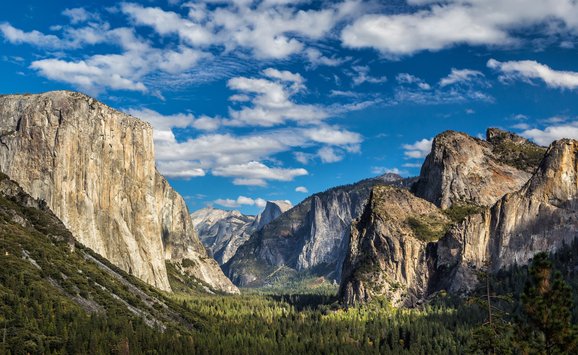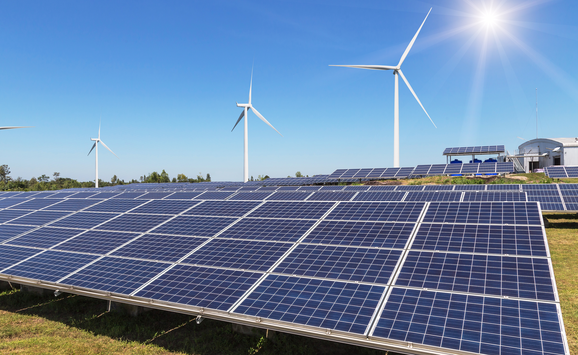In today’s Wall Street Journal, Sen. Lamar Alexander (R-Tenn.) warns that efforts expand the nation’s renewable energy system may be counterproductive from an environmental standpoint since the new infrastructure could consume huge tracts of land, disrupting the natural landscape and leading to a dangerous energy “sprawl”.
Secretary of the Interior Ken Salazar recently announced plans to cover 1,000 square miles of land in Nevada, Arizona, California, Colorado, New Mexico and Utah with solar collectors to generate electricity. He's also talking about generating 20% of our electricity from wind. This would require building about 186,000 50-story wind turbines that would cover an area the size of West Virginia not to mention 19,000 new miles of high-voltage transmission lines.
He goes on to say:
The 1,000 square-mile solar project proposed by Mr. Salazar would generate, on a continuous basis, 35,000 megawatts of electricity. You could get the same output from 30 new nuclear reactors that would fit comfortably onto existing nuclear sites. And this doesn't count the thousands of miles of transmission lines that will be needed to carry the newly generated solar power to population centers.
Renewable energy is not a free lunch. It is an unprecedented assault on the American landscape. Before we find ourselves engulfed in energy sprawl, it's imperative we take a closer look at nuclear power.
Senator Alexander will share more of his thoughts on how the current push for renewable energy could consume greater expanses of land and pose a threat to some of America’s iconic landscapes and habitats at an RFF Policy Leadership Forum, Monday October 5, 2009.
Details from the invite:
Resources for the Future cordially invites you to a Policy Leadership Forum with the Honorable Lamar Alexander U.S. Senator from Tennessee.

“The Perils of Energy Sprawl”
Monday, October 5, 2009 12:45p.m.-2 p.m.
Resources for the Future, 1616 P Street NW, Washington, DC First Floor Conference Center
Senator Alexander will discuss how the current push for renewable energy could consume greater expanses of land and pose a threat to some of America’s iconic landscapes and habitats, a challenge that is not yet widely understood. Alexander is honorary co-chair of the report Great Outdoors America, released in July, which explored how Americans engage with and value the nation’s land and water resources.




